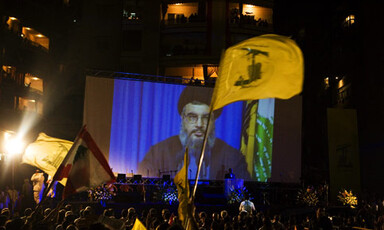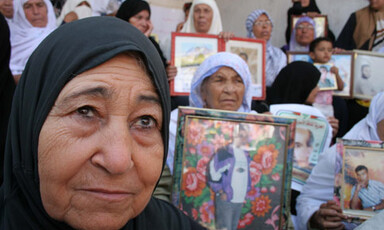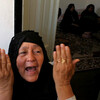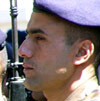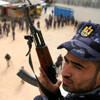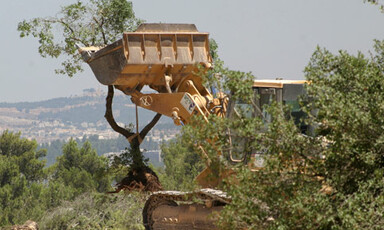
Bethlehem land destroyed as settlers anchor in
17 August 2007
BETHLEHEM, 16 August (IPS) - Israeli forces began Wednesday to bulldoze hundreds of trees on land owned by a Catholic convent near the city of Beit Jala near Bethlehem. This section of forest is being razed, according to Israeli plans, to complete a section of the separation wall, which continues to carve the West Bank into pieces. Near the convent, the Israeli settlement colonies of Gilo and Har Gilo, behind the wall on Palestinian lands, continue to expand over the rocky hillsides. When this section of the wall is completed, several villages will be separated from each other and the greater Bethlehem area. Read more about Bethlehem land destroyed as settlers anchor in
